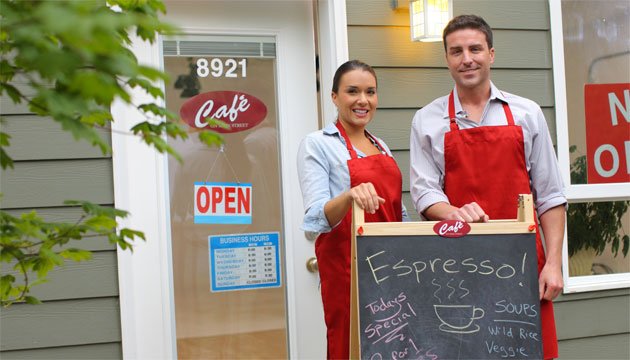
Not long ago, Ray Hennessey, writing for Entrepreneur posted, “The private sector added 200,000 jobs in July, with small business once again accounting for the lion’s share of employment, according to the ADP National Employment Report.”
You might be surprised to learn, but shouldn’t be, that the companies with 49 employees or less added 82,000 jobs (41 percent of those jobs) and of those, companies with less than 20 employees added the most—51,000 jobs. No matter how you slice it, the small businesses most of us most identify with are creating jobs.
Today, there are more than 28 million small businesses in the United States, and those firms create two out of every three net new jobs and employ half of America’s workforce…
“Small businesses have traditionally been the driving force in job creation, as the economy has slowly added more positions following the financial crisis and resulting recession,” writes Hennessey. “In the latest report, it appeared that all sectors—except manufacturing—saw job gains, with the service sector continuing to account for much of job growth.”
You might also be interested to know that the 200,000 jobs created in July beat the 180,000 predicted by economists; and bested June’s numbers by 10,000 jobs.
This shouldn’t be a surprise to anyone. Despite all the attention big business, the financial industry, and tech start-ups in Silicon Valley seem to get for creating jobs, it’s the businesses on Main Street that are creating the most jobs—just as it has been since the 70s. In fact, according to outgoing Small Business Administrator Karen Mills, “Today, there are more than 28 million small businesses in the United States, and those firms create two out of every three net new jobs and employ half of America’s workforce.”
Nevertheless, saying that doesn’t mean much since we know that the barbershop down the street is considered a small business, but so is the high tech computer software company that employs 250 people and enjoys annual revenues of $30 million a year. Mills suggests that the type of business you and I identify with as small businesses, “…approximately 4.5 million are Main Street small businesses. These are the dry cleaners, mechanics, and medical clinics that form the fabric of our communities. Main Street businesses make up nearly 70 percent of the jobs in our country…”
She also suggests that sole proprietorships, the vast majority of small businesses in our country, are responsible for 23 million jobs.
When the politicians in Washington want to talk about the importance of small business to the American economy, they talk about Main Street and how those businesses are the lifeblood of our economy. And they are right. Maybe it’s time to take a good hard look at the difficulties those same businesses, that are lauded for their contribution to the economy, face when they need capital to grow and subsequently hire new employees. As long as it makes more financial sense for banks to cater to the financing needs of the small businesses on the bigger side of the definition with loans (guaranteed by the SBA) instead of investing in Main Street, the small businesses that serve our neighborhoods and keep our communities alive will continue to struggle.
I’m convinced the biggest challenge facing our economy today is finding a way to make capital more available to Main Street. What’s more, most of those Main Street business owners are neither looking for a hand out nor a lot of money. 59 percent of those who visit Lendio.com to find a small business loan are looking for $50,000 or less—much less than the $250,000 threshold the SBA and most banks are geared up to service.
If the SBA and the banking industry really want to fuel the American economy, the focus should be streamlining the process, making it easier for community banks to be a bigger part of Main Street. What’s more, it’s time for community bankers to stop talking about how their strength is in the relationships they build with small business and to step up with new loan products designed to fill the unique financing needs Main Street needs to thrive and grow.
Administrator Mills suggests it can be done with “…the right tools, the right opportunities and the right resources to make it happen.”
I couldn’t have said it better myself.
Small business evangelist and veteran of over 30 years in the trenches of Main Street business, Ty makes small business best practices, tips and advice accessible by weaving personal experiences, historical references and other anecdotes into relevant discussions about leading people, managing a business and what it takes to be successful. Ty writes about small business for Lendio.








